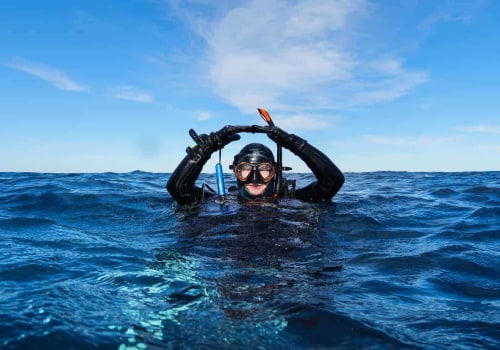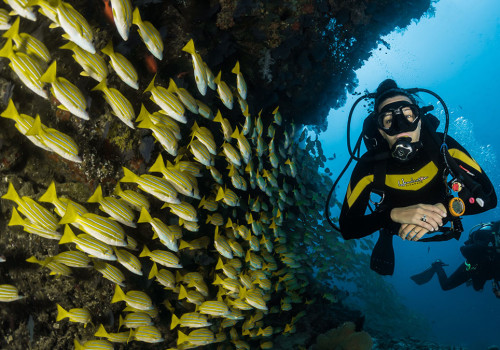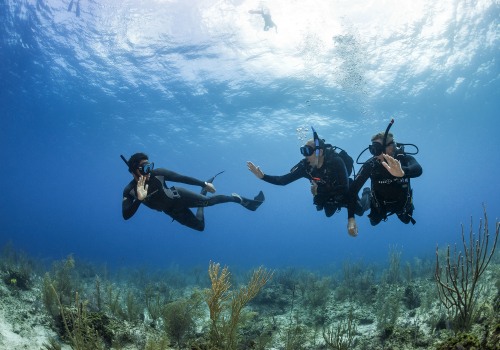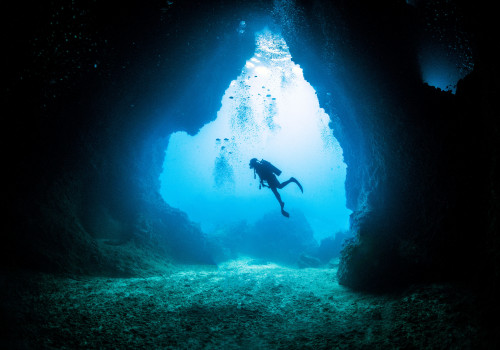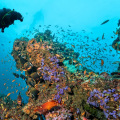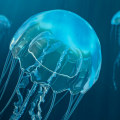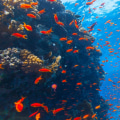Marine conservation is a global problem, but changes start at the local level. Here are five ways to make your mark on the UK's beautiful shores. It is important to be aware of the type of marine life that can be dangerous when scuba diving in the UK. Lionfish, stonefish, stinging hydroids, tiger sharks, bull sharks, and certain species of jellyfish are some of the creatures that should be avoided.
Lionfish are beautiful, but their spines are poisonous and can cause a lot of pain if they puncture a diver's skin. In the Caribbean and western Atlantic, these fish are invasive and often targeted by spearfishers. Stonefish are experts in camouflage and can inject poison if stepped on or damaged. Stinging hydroids are closely related to Portuguese warship and fire corals and can cause an unpleasant rash if touched.
Tiger sharks have been linked to the death of people, making them the second largest shark species behind the great white shark. Unprovoked shark attacks are rare, but it is important to treat tiger sharks with respect in the water. Bull sharks are aggressive hunters and frequent shallow coastal areas, so it is important to be aware of their presence. Certain species of tropical fish can also be dangerous as they protect their eggs and territory.
It is important to understand animal behavior and use appropriate exposure protection when diving. Hydroids, jellyfish, and stonefish can all cause injuries if not handled properly. In minor cases, providing effective first aid can relieve pain from a sting or bite. In more serious cases, it is important to seek medical attention immediately.
It is also important to follow general diving rules such as “don't touch, mock, or drink” to prevent injuries caused by marine life. Taking courses such as marine life appreciation and wreck diving can help divers get more enjoyment out of what they see underwater. It is also important to maintain neutral buoyancy and dive carefully when exploring wrecks. Adopting a dive site and conducting monthly surveys can help protect local ecosystems. Manta rays come in all shapes and sizes and are always a crowd-pleaser on dive boats. However, brunettes have poor eyesight so divers should be careful when feeding them.
If exposed to venom from any of these species, it is important to seek medical attention immediately.
